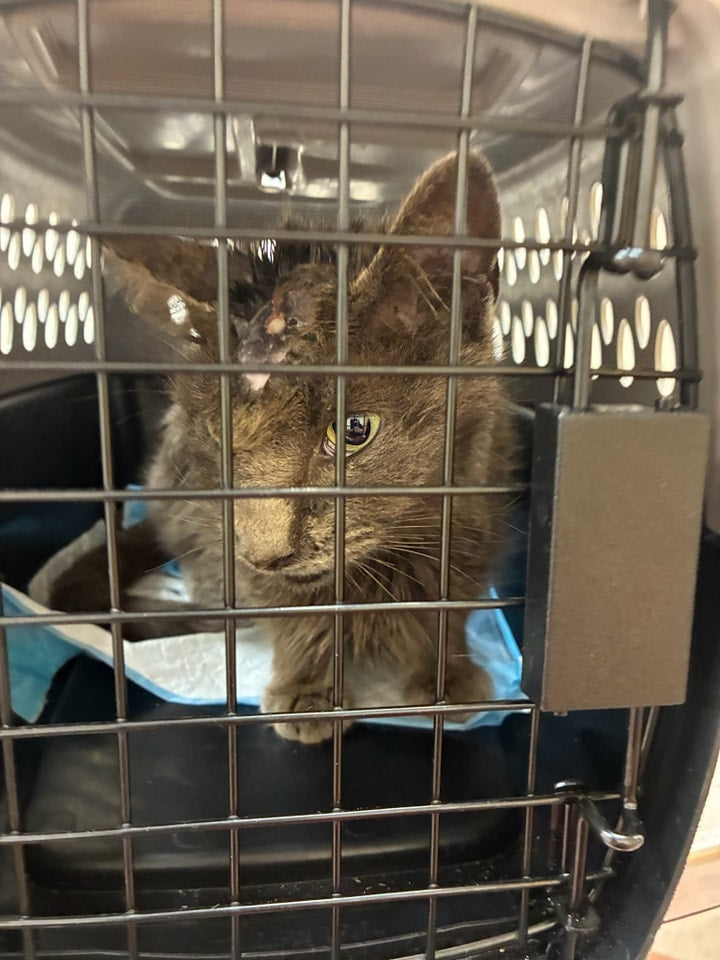As birthrates decline or remain flat across most western nations, dog ownership continues to rise. In fact, in the U.S., the number of households with dogs was 59.8 million in 2024, up from 34.5 million in 1991. Some wonder if the two are linked, and a new study argues they are, but not necessarily because people are choosing to replace having children with having dogs.
Enikő Kubinyi, professor and head of the Department of Ethology at Eötvös Loránd University in Hungary, recently examined the theories regarding why people are having fewer kids and more dogs. This comes after a recent survey in Hungary found that 19% of childfree people and 10% of parents feel their pet matters at least partially more than any human.

In her study, published in the journal Current Directions in Psychological Science, Kubinyi notes that it’s common for people to refer to their dogs as their kids, which suggests they may see pets as an alternative. However, another theory is that having a dog may actually increase the odds of having human children, as people often refer to dogs as practice kids. In addition, families with kids are more apt to have dogs.
Having a dog can also expand a person’s social network due to getting out and about with them on walks, which could mean meeting new people. At the same time, it could hinder connections if the dog has any behavioral issues. If people become too reliant on their dog for emotional support, that can also hamper connections with other people.

Amid these different lines of thought, Kubinyi believes there is one thing both declining birthrates and increasing pet ownership have in common: changes in supportive social relationships and groups.
She says, “For example, nearly 90% of Hungarian adults do not spend even an hour a week caring for young children, even though humans evolved to engage in so-called cooperative breeding, where childcare duties were shared within the community. But in modern societies, these support networks have broken down. This is why many people feel they lack support in raising children or that they have no one to care for. Others have experienced emotional pain in human relationships, and dogs provide them with comfort and unconditional love. Our current culture encourages the extension of caregiving instincts toward dogs — humorous memes reflect this trend, pet care businesses are booming, and owners increasingly refer to themselves as their dog’s ‘mom’ or ‘dad.'”
She adds, “We need to strengthen family-based social support systems and reduce social isolation. Dog ownership is a wonderful thing when it connects people rather than isolates them.”

Here’s to hoping your dog helps provide connections.









